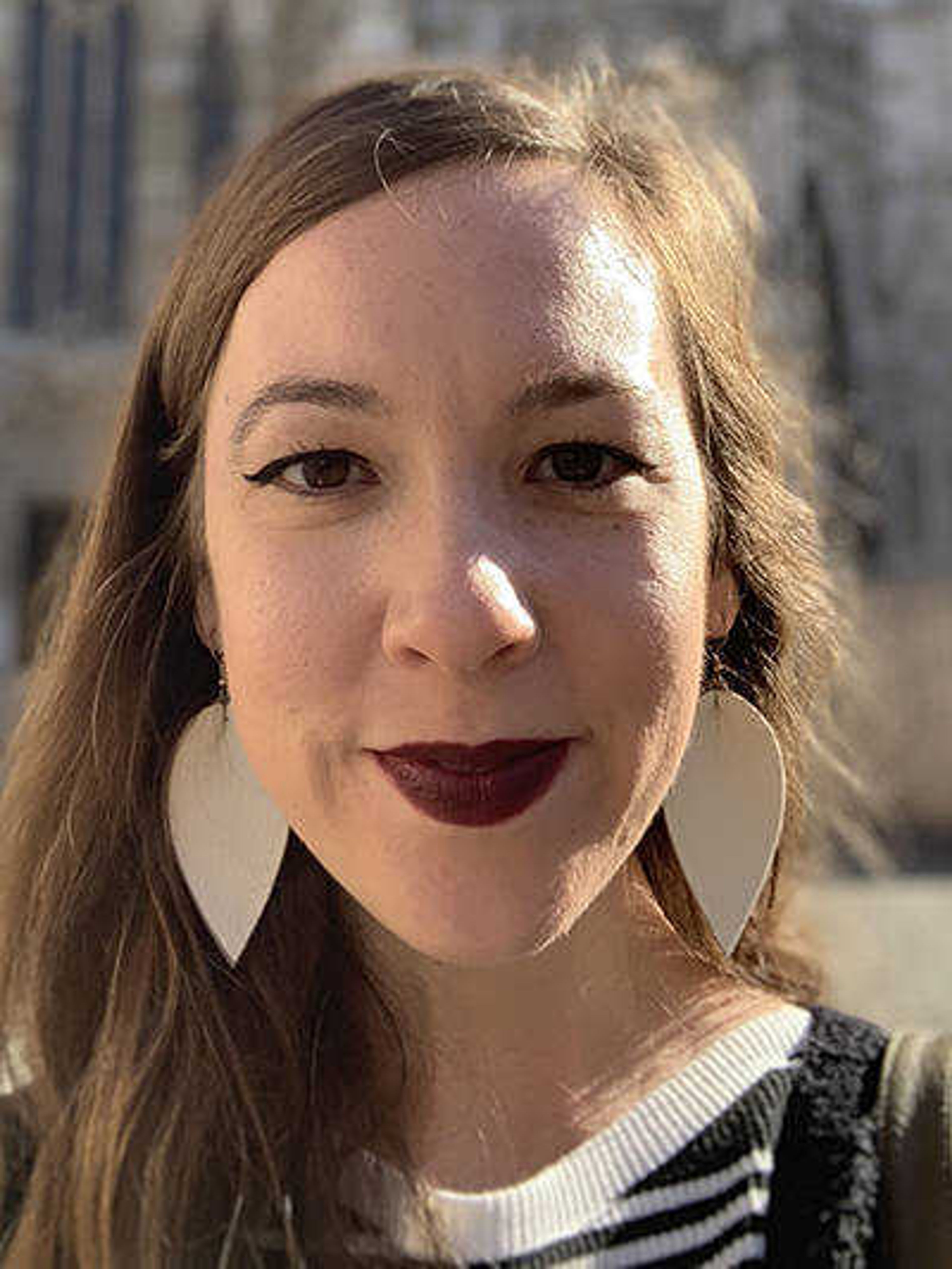Hate isn't the opposite of love
Hate causes a lot of pain in the world. It causes damage to others and ourselves. I don't think hate is the opposite of love, though. No. It is a mask to hide behind what we really mean, a way to justify our anger so we can stay angry, rather than doing the hard work of healing. ...
By Mia Pohlman
Hate causes a lot of pain in the world. It causes damage to others and ourselves.
I don't think hate is the opposite of love, though. No. It is a mask to hide behind what we really mean, a way to justify our anger so we can stay angry, rather than doing the hard work of healing. If everything is motivated by either love or fear, by either the presence of love or the absence of it, then "hate" is not the most accurate term we can use when we say, "I hate someone or something." Instead, perhaps what we really mean is, "I am afraid to love someone or something."
This is valid; love opens us up to vulnerability. It opens us up to being hurt and to not having our way. And if we have been hurt in the past by a person or situation, the last thing we often want is to allow that to happen again.
I don't think this gives us freedom, though.
In "True Love: A Practice for Awakening the Heart," Buddhist monk Thich Nhat Hanh discusses the ways loving and caring for our negative emotions heals. He writes: "So every time you have an energy that needs to be transformed, like jealousy or fear, do something to care for ... this negative energy, if you do not want this energy to destroy you. When the mother hears her baby crying, she puts down whatever she has in her hands, she goes into its room, and takes the baby in her arms.
"... It is the same thing with meditation. When you have pain within you, the first thing to do is to bring the energy of mindfulness to embrace the pain. 'I know that you are there, little anger, my old friend. Breathe -- I am taking care of you now.'"
I think there is power in this, in caring for our fear, our anger, our hatred. In letting ourselves feel it, and then inviting Jesus in to transform it.
Poet Rainer Maria Rilke writes about it in the context of having unanswered questions, in "Letters to a Young Poet:" "You are so young, so before all beginning, and I want to beg you, as much as I can, to be patient toward all that is unsolved in your heart and to try to love the questions themselves -- like locked rooms and like books that are written in a very foreign tongue. Do not now seek the answers, which cannot be given you because you would not be able to live them. The point is, to live everything. Live the questions now. Perhaps you will then gradually, without noticing it, live along some distant day into the answer."
Both these writers advocate having grace for ourselves, to be gentle, to embrace. To trust. To give up a need for control and power.
What if we had the courage to care for the people, situations and circumstances of our lives that we hate? To love them, even? Or, as a first step, what if in our own minds and speech we replaced the word "hate" with the phrase "afraid to love?" And then what if we trusted Jesus to come in and perfect his love in us, letting his perfect love drive out all our fear?
Connect with the Southeast Missourian Newsroom:
For corrections to this story or other insights for the editor, click here. To submit a letter to the editor, click here. To learn about the Southeast Missourian’s AI Policy, click here.










